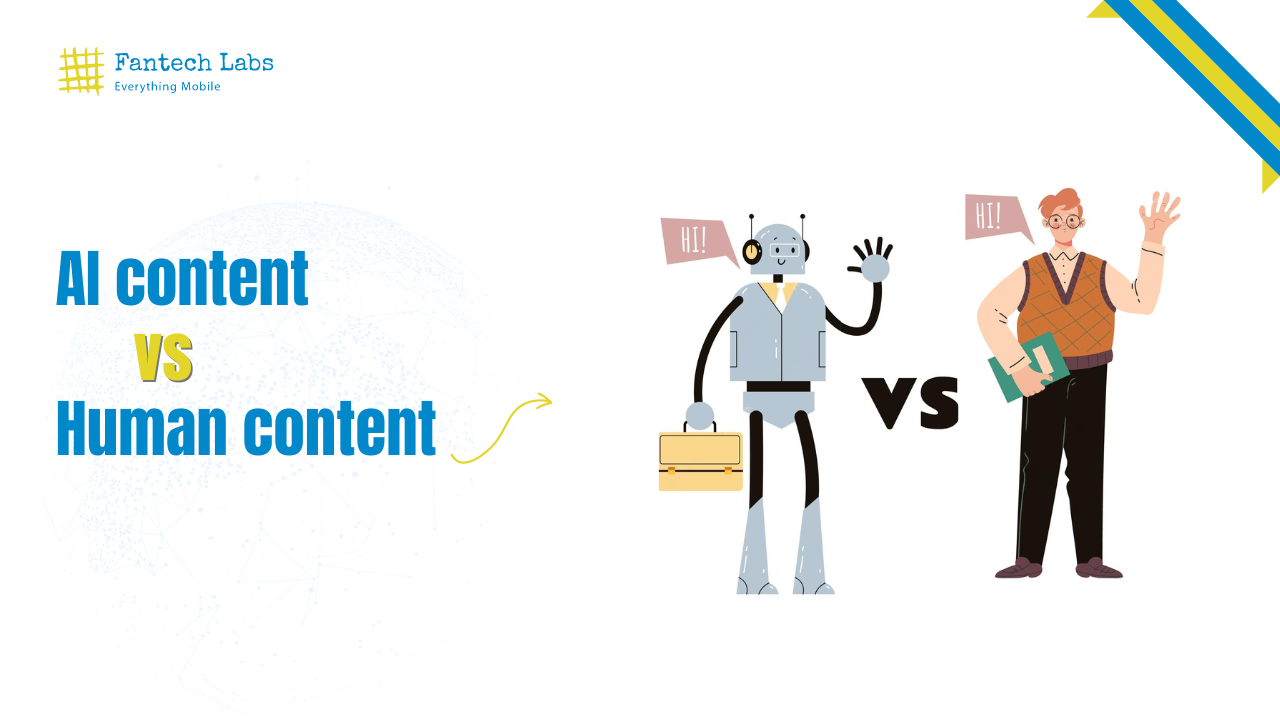Today, writing is one of many tasks that can be automated in the fast-paced digital society we live in. Although this expedites and streamlines the process, it begs the question of whether artificial intelligence (AI) can genuinely outperform human writers in terms of originality and inventiveness.
Will an algorithm ever be able to fully comprehend linguistic subtleties and produce an engaging and thought-provoking essay, or will it always lack the human touch? To find out which produces superior content, we examine the argument between AI and human writers in this article.
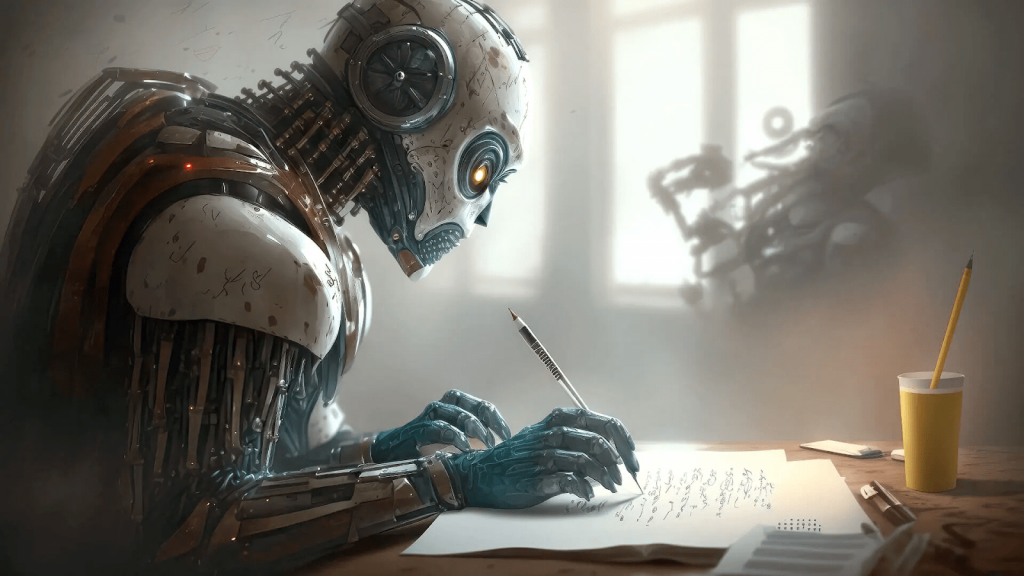
Artificial intelligence (AI) vs. human content creators is a topic of increasing discussion as content marketing is growing.What advantages and disadvantages does AI have over human writing for content marketing?
To make their work stand out among the millions of blog posts already available online, content creators nowadays need to invest more effort in creating high-quality material.
This entails countless hours of topic research, keyword research, producing the content itself, SEO, and editing before sending it to a professional editor for finalization.
- What is Artificial Intelligence?
- What Role Do Human Writers Perform?
- How Is Content Created by an AI Writer?
- AI vs HGC
- Writing Content for SEO: AI vs. Human
- Significance of Human Touch In Content Writing
- AI Ethics in Content Editing
- Can AI-generated Content Score Well?
- What Does Google Say About AI-Powered Content?
- The Best Methods for Applying AI to Content Marketing
- What is the Future of AI Content Creation?
- Conclusion
What is Artificial Intelligence?
Artificial intelligence, or AI, is the creation of computer systems that are capable of doing activities like sensing, thinking, and learning that normally need human intelligence.
Put simply, artificial intelligence (AI) enables robots to learn from mistakes and do jobs that humans would typically complete. Here are some important AI-related points:
- AI programs can be designed to react to certain requests or tasks and modify their results accordingly.
- AI systems benefit from the use of machine learning algorithms for pattern recognition, data analysis, and prediction.
- Artificial neural networks are used in deep learning, a subset of machine learning, to process data and make choices.
- Understanding and interpreting human language is the core of the artificial intelligence field known as natural language processing, or NLP.
- In robotics, artificial intelligence (AI) is used to programme machines to carry out manual tasks on their own.
- Many different businesses, including healthcare, banking, transportation, education, and entertainment, are currently integrating AI.
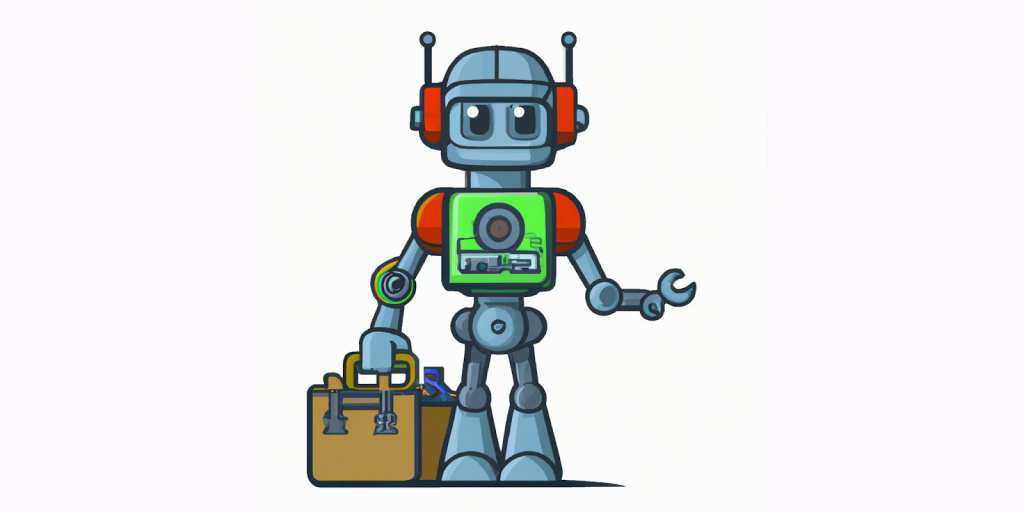
What Role Do Human Writers Perform?
Human authors are indispensable in the content creation process. They contribute empathy, inventiveness, and feelings that are hard for robots to imitate.
Also, they possess the capacity to recognize nuances in language, context, and cultural undertones that are often lost in content produced by machines.
Because they are emotionally connected to their readers, human writers can apply empathy to produce relatable content. Additionally, they are humorous and skilled at using puns and wordplay to enhance the readability and retention of text.
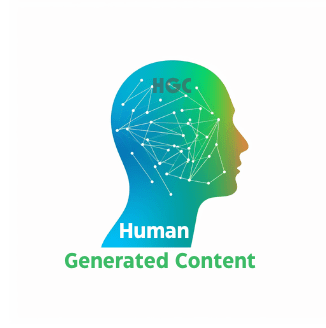
Human writers are also capable of customizing their writing to fit the voice and tone of the brand they are writing for as well as to the particular audience they are trying to reach.This enables them to provide educational content that engages readers as well.
Human writers may also conduct research and double-check information before writing about it, which is an essential talent for academic and journalistic writing.
By doing this, the content is guaranteed to be truthful, reliable, and upholding the best standards of journalism.
Human writers provide a distinct set of talents to content development that machines cannot mimic.
Although artificial intelligence (AI) can undoubtedly improve and support the writing process, human writers are ultimately distinguished by their originality, empathy, and experience.
How Is Content Created by an AI Writer?
AI can comprehend sentences and phrases and interpret human language by using natural language processing, or NLP. This enables the computer to produce original content in response to commands or input from the user.
Depending on how it is programmed, an AI writer’s output will differ; some systems are made for straightforward jobs like summarising, while others are capable of writing entire books on difficult subjects.
AI tools can be used to optimize previously produced content in addition to producing creative writing. An artificial intelligence tool can recommend adjustments to your website’s code to facilitate the discovery of relevant pages by search engines such as Google.
These adjustments can be made by examining criteria such as readability scores, keyword density, and structure.
By improving your website’s appearance in organic searches, artificial intelligence (AI)-generated content optimization (AIO), can help you attract more potential clients.
AI vs HGC
- The process of creating AI content entails writing material using machine learning algorithms. Using human authors who produce content on their own is known as human content creation.
- Artificial intelligence generates content more quickly and accurately than humans. AI is capable of writing several articles in a short period of time. When it comes to creating content, humans are limited in what they can do quickly and consistently.
- AI-generated content can be produced continuously. Human authors require rest and a set work routine.This allows AI to produce more material.
- Human content creators have an advantage when it comes to inventiveness, wordplay, and puns. This is because humor and originality are mental faculties that robots cannot replicate.
- Human content creators take into account various emotions and settings when producing content. Emotions are not something that artificial intelligence can understand or communicate in the same way as humans.
- A significant factor when contrasting the two is scalability. Because AI is scalable, it can provide content for a variety of markets and niches. Conversely, human content creators are constrained by their background and expertise.
- In conclusion, artificial intelligence and human writers have different strengths. Artificial Intelligence is perfect for producing a lot of content quickly. Human writers are excellent at producing audience-resonant content that is contextually relevant. As a result, the writer’s aims and objectives will choose whether to create content using AI or by hand.
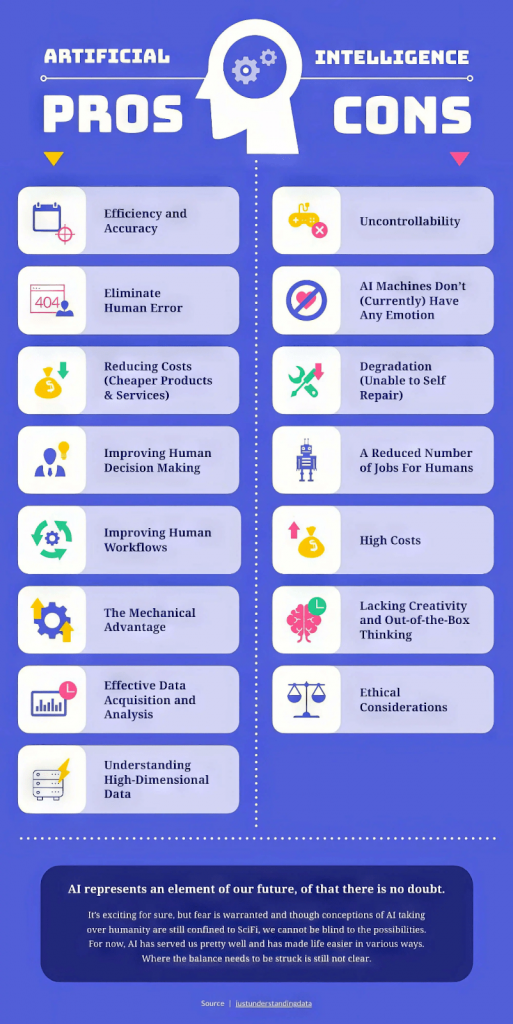
Writing Content for SEO: AI vs. Human
AI-generated content can help with SEO because it is in line with user intent and keyword optimisation. However, the human touch is required to produce more interesting material that is catered to the intended audience.
The ideal strategy for SEO is to use both human-written and AI-generated content in a synergistic way. Eventually, content quality is the most important factor when it comes to SEO.
Businesses should mix the expertise of human authors with appropriate AI tools to create high-quality, pertinent, and captivating content.
Significance of Human Touch In Content Writing
The human touch refers to the distinctive style, tone of voice, and personal touches found in all types of content written by humans. Because of this, the individuality and authenticity of human-written material are among its main advantages.
Writers can build a relationship with their readers by sharing this particular element. They might even create concepts and insights from their personal experiences that aren’t readily found online.
As a result, the content will come off as more authentic, trustworthy, and relatable to the audience—all qualities that are essential for developing a strong brand or online presence.
AI Ethics in Content Editing
While AI may help organizations expand, its application must take certain ethical considerations into account. Some of the most important ethical factors are listed below:
1. Openness
Readers should be made aware of and given transparency on the usage of AI in article writing.They can therefore decide whether to engage with the content or just read it. Long-form content produced by AI writing tools must to be identified as such, much like sponsored posts.
2. Quality
Accuracy and quality are lacking in quality AI-generated material. Therefore, companies need human writers who can proofread and modify AI-generated material to make sure it is accurate and relevant.

3. Bias
If the algorithms are built on skewed data, the content produced by AI may have bias. Businesses must so ensure that such content is impartial and does not target any one group or person unfairly.
4. Employment
Undoubtedly, the impact of AI on the content writing industry appears daunting, particularly for content creators and SEO specialists. Therefore, companies should take into account how AI is evolving in the workforce and content creation and seek to minimize any negative effects.
Can AI-generated Content Score Well?
If you want to rank well on search engines, you must concentrate on developing content that fulfills user search intent while also addressing all of the major ranking factors.
This guidance is relevant regardless of whether you publish only content created by humans or use AI tools to compose your pieces.
In this regard, AI may even be advantageous. More specifically, it can determine which keywords are semantically related to your target phrases by utilizing natural language processing (NLP).
Incorporating those into your posts organically will give you an advantage over your rivals.
What Does Google Say About AI-Powered Content?
How Google assesses AI material is among the most often asked queries or worries. Google’s E-E-A-T ranking strategy is based on the principle of rewarding helpful, authoritative, and high-quality material that efficiently responds to user queries.
This means that Google doesn’t care how you create that content; your AI-generated content won’t be penalized as long as it complies with the E-E-A-T standards.
According to Google’s published standards, content generated by artificial intelligence-
“As explained, however, content is produced; those seeking success in Google Search should be looking to produce original, high-quality, people-first content demonstrating qualities E-E-A-T.”
The Best Methods for Applying AI to Content Marketing
The content marketing sector is seeing an increase in the use of AI-generated content due to its affordability and effectiveness. AI technologies can create unique works that are suited to particular target audiences.
These tools can’t, however, fully take the position of human writers because they don’t have the same personality or empathy.
As a result, the ideal way to harness the power of AI is to grasp both its strengths and limitations, and then combine them with the strengths of human writers. This is referred to as AIO (artificial intelligence content optimization).
This model optimizes AI’s output with a human touch while utilizing its amazing speed and accuracy. We have successfully incorporated AI into our workflow at Content at Scale, where an app handles all of the research and writing, and a human editor edits the final draft.
We accomplish this by utilizing the C.R.A.F.T. editing framework:

What is the Future of AI Content Creation?
AI-generated content has an exciting future in the market. It is expected that technology will improve much more as it advances.
With the aid of AI tools, a content writer may produce high-quality content more quickly and effectively. Writers can focus on creativity and strategy by using AI to assist with research, organization, and editing.
But, at least not anytime very soon, artificial intelligence (AI) tools can only serve to improve the content writing sector and will never fully replace human creativity and emotion.
Thus, the most effective material will always blend AI support with human knowledge.
Conclusion
There is no denying that artificial intelligence in content has a great future. Businesses can use it as a useful tool to cut down on the time, expense, and effort associated with creating content.
When properly applied, AI technologies can aid in content optimization for search engines and raise rankings for worthwhile content.
Therefore, comparing written material produced by AI and humans for SEO and marketing purposes will be unfair. When one fails, the other steps in to close the gaps and deliver optimal outcomes.
Thus, the only viable course of action is to augment content efforts by combining human experience with AI support.

